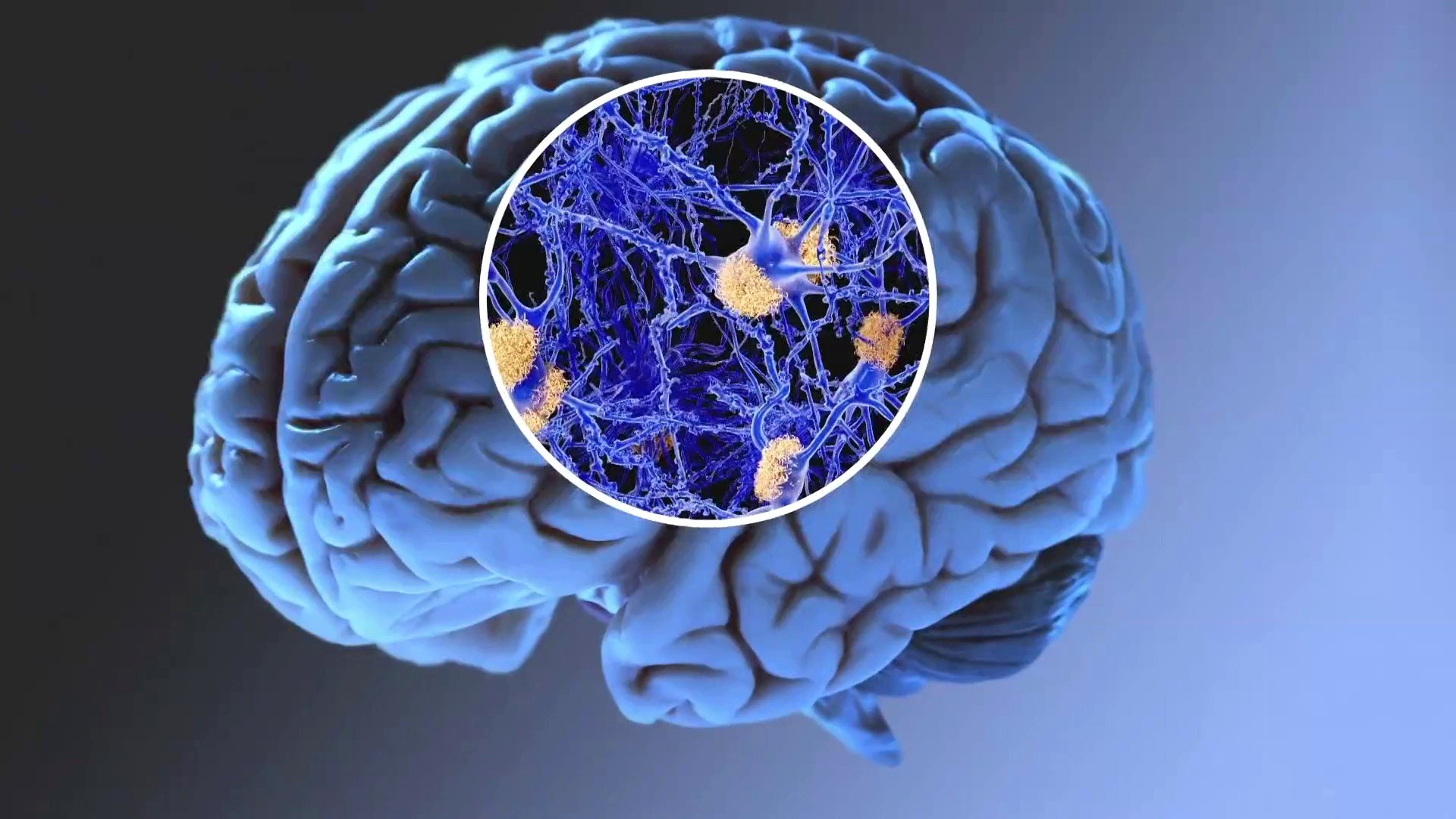Abnormality of Astrocytes and Alzheimer’s Disease
Despite the availability of new drugs for treating early Alzheimer’s, predicting who will eventually develop the disease remains a significant challenge. However, a recent study has shed light on a potential solution. By analyzing blood tests that detect abnormal brain cell activity, researchers have made progress in identifying individuals at risk of developing symptomatic Alzheimer’s disease. This breakthrough has implications for both predicting dementia and advancing research in Alzheimer’s prevention.
Unveiling Abnormal Astrocyte Activation
Blood tests in older people without dementia symptoms have the potential to identify abnormal activation of astrocytes, a type of brain cell. Astrocytes play a crucial role in protecting other brain cells from inflammation, damage, and dysfunction caused by conditions like infection, stroke, trauma, and neurodegenerative diseases like Alzheimer’s. The study highlighted that individuals who eventually developed symptomatic Alzheimer’s had both amyloid buildup and abnormal astrocyte activation detected through blood tests.
The Significance of the Study
The study examined over 1,000 cognitively unimpaired older individuals to uncover the relationship between blood biomarkers and the development of Alzheimer’s disease. The findings provide valuable insights into the early stages of the disease and offer a potential method for identifying those at greater risk. By combining blood tests for astrocyte reactivity with brain amyloid testing, researchers believe they can optimize the identification of patients most likely to progress to Alzheimer’s disease.
Advancing Alzheimer’s Research
The results of this study hold great promise for the field of Alzheimer’s research. The ability to identify individuals who are at risk of developing symptomatic Alzheimer’s can significantly aid in selecting appropriate participants for clinical trials testing new prevention drugs. By targeting individuals with both amyloid buildup and abnormal astrocyte activation, researchers can focus on populations with a higher likelihood of developing the disease. This targeted approach increases the chances of successful clinical trials and accelerates the development of potential preventive treatments.
Month: Current Affairs - June, 2023
Category: Science & Technology Current Affairs


